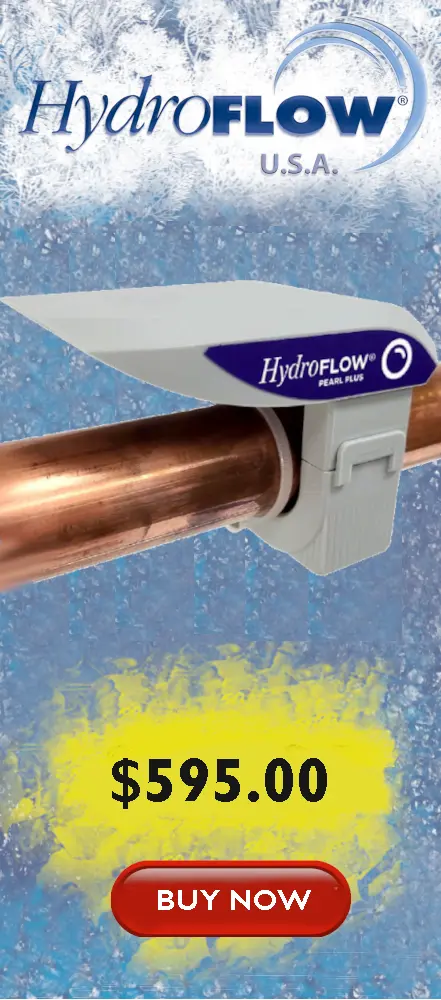Louisiana
Water Quality in the State of Louisiana
Louisiana, home to more than 4.6 million people, is well known for its French and Cajun roots. It is a cultural state and has many traditions and annual celebrations unique to them. This is the only state, whose east and west borders are formed entirely by rivers. Louisiana's water supply comes from either surface water (bayous, rivers, etc.) or groundwater (aquifers). Approximately two-thirds of Louisiana residents get their drinking water from groundwater sources.
Water Hardness Summary
Louisiana water is considered moderately hard. The average water hardness for the Louisiana resident is 86 PPM. New Orleans, the most populous city in Louisiana has a water hardness level of 138 PPM, which is considered hard based on USGS hard water measures. Lafayette has moderately hard water with a measurement of 90 PPM and Baton Rouge has water that is considered relatively soft (44 PPM).
For more information on water hardness in specific cities, please see the table below.
PPM = Parts Per Million
mg/L = Milligrams Per Liter
gpg = Grains Per Gallon
Gas, Oil and Water Hardness
Louisiana is one of the top five oil and gas producing states in America. Even though there has been a decline over the past few years, the oil and gas industry has remained the highest economic contributor to the state of Louisiana. The state ranks as the number two producer of crude oil and the number four producer of natural gas in the country. Louisiana has 18 refineries, ranking it second, in US petroleum capacity behind Texas.
The oil and gas industry uses water in all parts of the operation, and that water is often locally sourced from groundwater, rivers or lakes (both natural and artificial). As Louisiana is a moderately hard-water state, oil and gas producers are often fighting to keep their operations running and their equipment scale-free.
Solutions to your Water Quality Problems
Fixing your water quality issues in the state of Louisiana will depend on your specific water source. It is best to test your potable water supply in order to get a better understanding of your water quality. Testing is relatively cheap. The test results will allow you to understand if your potable water has issues that need to be addressed. Common solutions to water contamination problems may include a water filtration system, a reverse osmosis system or other whole home water treatment solutions.
A problem that almost all Louisiana residents will have to deal with is hard water. One old-fashioned, inefficient, expensive and unhealthy method to treat hard water is with a salt-based water softener. Most people don’t realize that if you’re using a water softener you are basically removing calcium and magnesium from your drinking water and adding salt to your diet. In addition, many states are banning the use of salt-based water softeners.
Alternative water treatment solutions such as “water conditioners” have been gaining popularity in recent years because they are cheap to operate and the best eco-friendly solution for hard water. Hydropath technology, which powers the HydroFLOW water conditioners is by far the most efficient and cost-effective eco-friendly solution to deal with hard water problems. To learn more about how HydroFLOW solves the problems created by hard water, please check out our technology page. You might want to read this blog that explains the difference between water conditioners and water softeners: Water Conditioner vs. Water Softener Blog.



